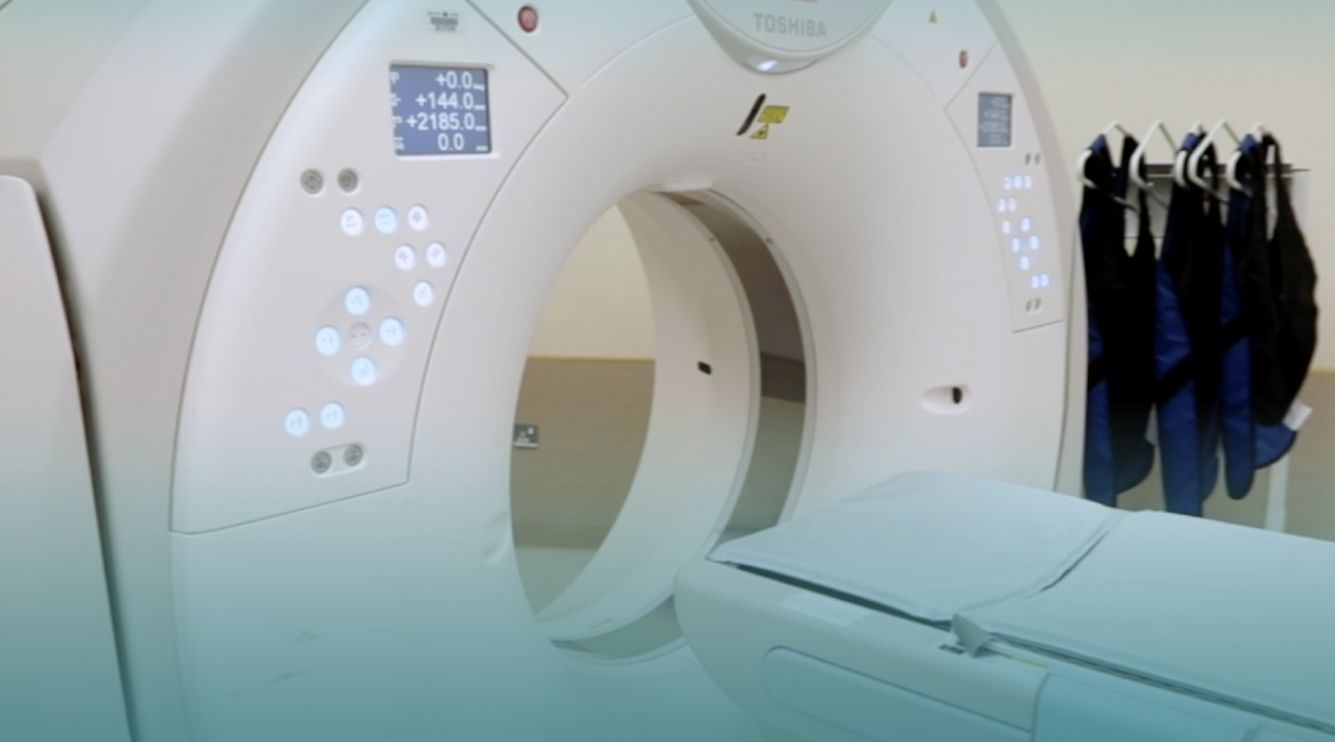The Department of Health – Abu Dhabi (DoH) hailed virtual autopsy (post-mortem imaging) technology currently used by the emirate's healthcare sector as a significant tool in curbing the spread of COVID-19 and combating other infectious diseases in the country.
Since the onset of COVID-19 in the country, the UAE has been leading an effective human-centred response against the pandemic. It continues to develop effective strategies to ensure early detection of COVID-19 infections and implement necessary preventive measures to protect the health and wellbeing of the community. The UAE is among those few countries in the world which have adopted virtual autopsy, including the US, UK, Canada, Germany, Australia and Japan.
During virtual autopsies, a deceased's body undergoes clinical radiology or CT scans carried out by highly-qualified technicians. They use protocols and regulations designed by the Department of Health in line with international practices to respect the sanctity and maintain the privacy of the bodies. The seamless procedure is carried out while the body is in the cadaver bag (known as a ‘body bag’). This treatment does not subject the body to a postmortem physical examination.
Significantly, the DoH and its health facilities have been working continuously to develop and implement innovative medical solutions to speed up the process of normalcy after COVID-19.
Abu Dhabi Central Morgue is adopting virtual autopsy techniques into their investigation procedures. As part of the procedure, medical examiners will apply virtual autopsies to identify signs of respiratory distress or symptoms that may signal any possible COVID-19 infection.
Virtual autopsy generates a diagnosis that helps medical technicians to determine if people who came in contact with the deceased to under further examinations to limit health repercussions. Apart from COVID-19, the advanced technology also helps in investigating various infectious diseases without compromising the safety of the staff at the morgue.
Abu Dhabi adopted the technology almost a year ago and. It has helped exponentially in legal investigation of more than 700 cases in the country. Virtual autopsy image analysis takes about 15 to 30 minutes to deliver the report. With the adoption of virtual autopsy, the UAE healthcare facilities have been able to conduct accurate diagnoses post-examination of bodies. Diagnoses will provide critical information related to the cause of death, gender, age group and signs of physical violence.
Speaking in the matter, Dr. Jamal Mohammed Al Kaabi, Under-Secretary of DoH, said, expressed the healthcare sector's commitment to explore, develop and utilise some of the latest medical technologies and innovations to overcome the pandemic crisis in the country.
"Abu Dhabi exhibits exemplary leadership when it comes to its human-centred COVID-19 response and world-class healthcare facilities and technologies," he added.
Dr. Marwan Al Kaabi, Acting Group Chief Operations Officer at SEHA, also underlined SEHA's commitment to provide world-class healthcare services to the community to strengthen the health and safety of everyone and progress towards the path of success.
"We continue to work relentlessly to enhance our quality of services by implementing the highest quality standards and utilising innovation alongside the latest cutting-edge technologies to provide our patients with services that are quick and efficient," Al Kaabi said.
Dr. Nayef Hasan Al Janaahi, the first Emirati-licensed consultant in forensic radiology by the Department of Health – Abu Dhabi, expressed pride in the feat. He lauded the continuous support and guidance of the UAE's wise leadership and their efforts to develop the healthcare sector in the emirate for the achievement.
"Virtual autopsy has modernised the medical investigation of bodies while ensuring health and safety of medical staff and contacts of the deceased maintaining respect and privacy towards the bodies of deceased individuals," Dr Al Janaahi added.
WAM
 AR
AR UR
UR
